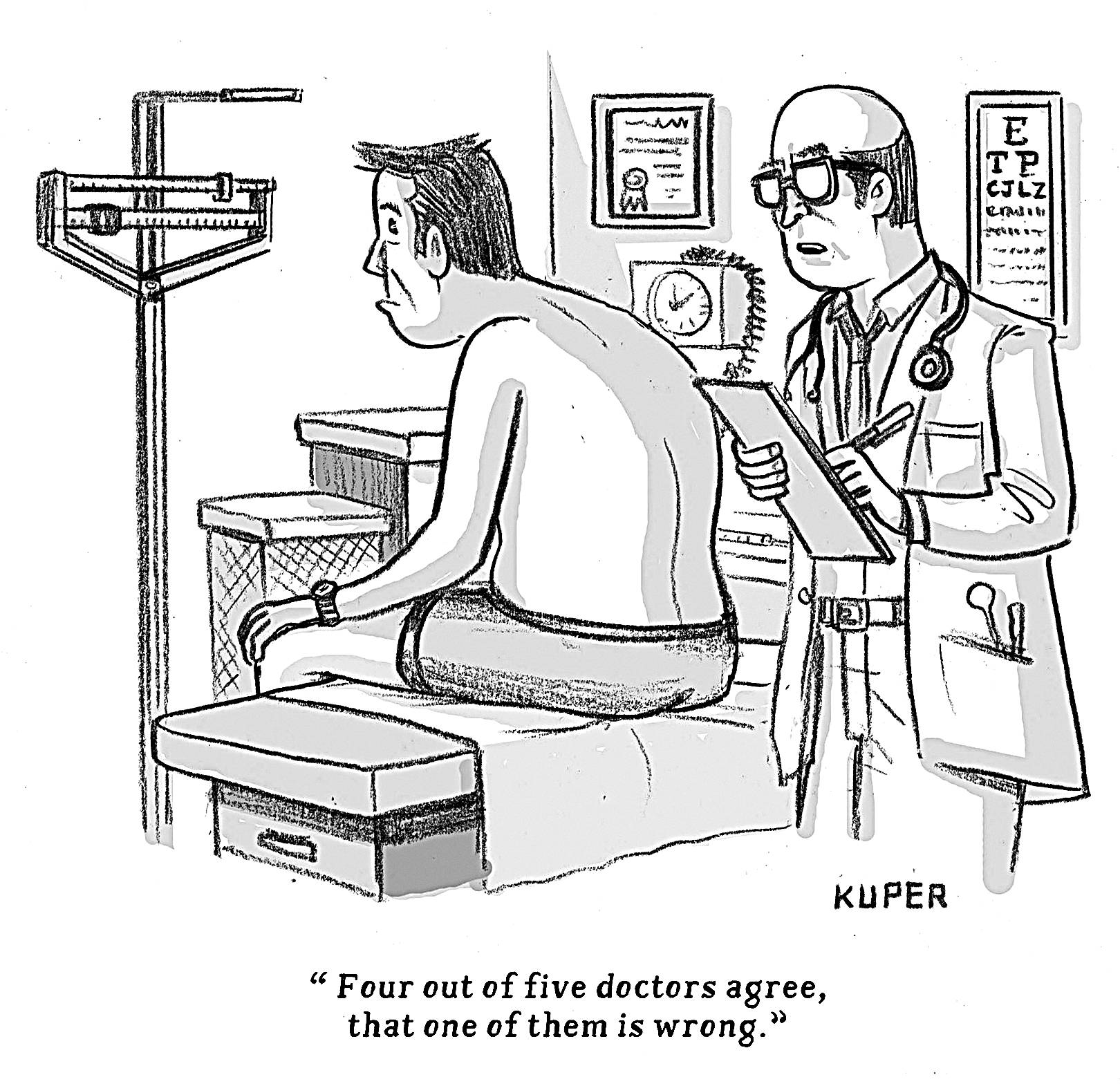By Jacob M. Appel
The Baltimore Sun
Across the nation this spring, thousands of aspiring physicians are receiving acceptance letters to medical schools. I remember the arrival of mine nearly two decades ago, especially as there was only one, (a relief after being wait-listed elsewhere). Unfortunately, this spring will also witness a greater number of applicants to American medical schools — many of them extraordinarily talented — rejected from every institution to which they apply.
As more college students are inspired to pursue medical careers, by Anthony Fauci and the ordinary heroism of my colleagues during the pandemic, fewer and fewer of them will succeed. That is not just a tragedy for these would-be physicians, but for our society as a whole.
Never has the argument for training more physicians been stronger. Our population is aging rapidly, increasing the need for providers. Doctors of the baby boom generation are beginning to retire, a process likely exacerbated by the pandemic. A study conducted by the Association of American Medical Colleges released in 2020 predicted a shortage of up to 139,000 physicians by 2033. Moreover, one of the key lessons of COVID-19 is that keeping our population healthy during ordinary times will reduce both mortality and costs during future outbreaks of disease. One cannot help wondering how many lives might have been saved over the past year if sufficient medical care had been readily available over the past generation, especially in low-income areas and communities of color.
Yet during the last admissions cycle, more than 30,000 applicants were rebuffed. Of course, not all of them were suitable candidates for medical careers. Some lacked the intellectual skills needed to graduate, while others proved deficient in commitment or character. However, a significant number would have made fine physicians. They were excellent candidates — just not excellent enough. Many will reapply, some multiple times.
Others will pursue medical education at private institutions in the Caribbean and then apply for additional training in the United States, although they may be unable to secure such residencies. Far too many will decide they are not cut out for medicine and give up. And then there are the countless talented individuals who never apply: daunted by a process that appears brutal and unforgiving. Too often, this latter category includes potential applicants from backgrounds underrepresented in medicine. In one particularly troubling trend, the percentage of Black male applicants has actually declined over the past 40 years.
To put the matter plainly: It has become too difficult to get into medical school. The mean MCAT score for matriculants now exceeds the 88th percentile, while the average GPA tops an A-. That means many above-average students at prestigious universities, who would make first-rate clinicians, have no realistic shot at admission. If the goal were quality control, these high standards might make sense. Alas, there is no data to indicate that applicants with stratospheric metrics become more knowledgeable or compassionate physicians than those mere mortals whose scores are earthbound. To paraphrase Robert Frost, we have built a wall without considering what we are walling in and walling out. My board scores, for what it is worth, were average — in an era when average was much less impressive than at present.
One of the common laments one hears from members of the medical school admissions committee on which I serve is, “I’d never get admitted today.” That may or may not be false modesty, but the bar is definitely higher. It need not be. Anyone who can be a doctor, and wants to be a doctor, should be a doctor. Rather than lamenting that nurse practitioners and psychologists are encroaching upon our turf, physicians and our organizations should be taking steps to make that encroachment unnecessary: lobbying for the construction of more medical schools and urging Congress to fund additional residency programs. As the supply of physicians increases, that might result in current doctors receiving less reimbursement. But it will also expand opportunities for earnest, hardworking kids from diverse backgrounds, while ensuring more Americans have access to the health care they desperately need.
Jacob M. Appel is director of Ethics Education in Psychiatry at the Icahn School of Medicine at Mount Sinai in Baltimore. He is the author of “Who Says You’re Dead?” a collection of ethical conundrums. This was written for the Baltimore Sun.


